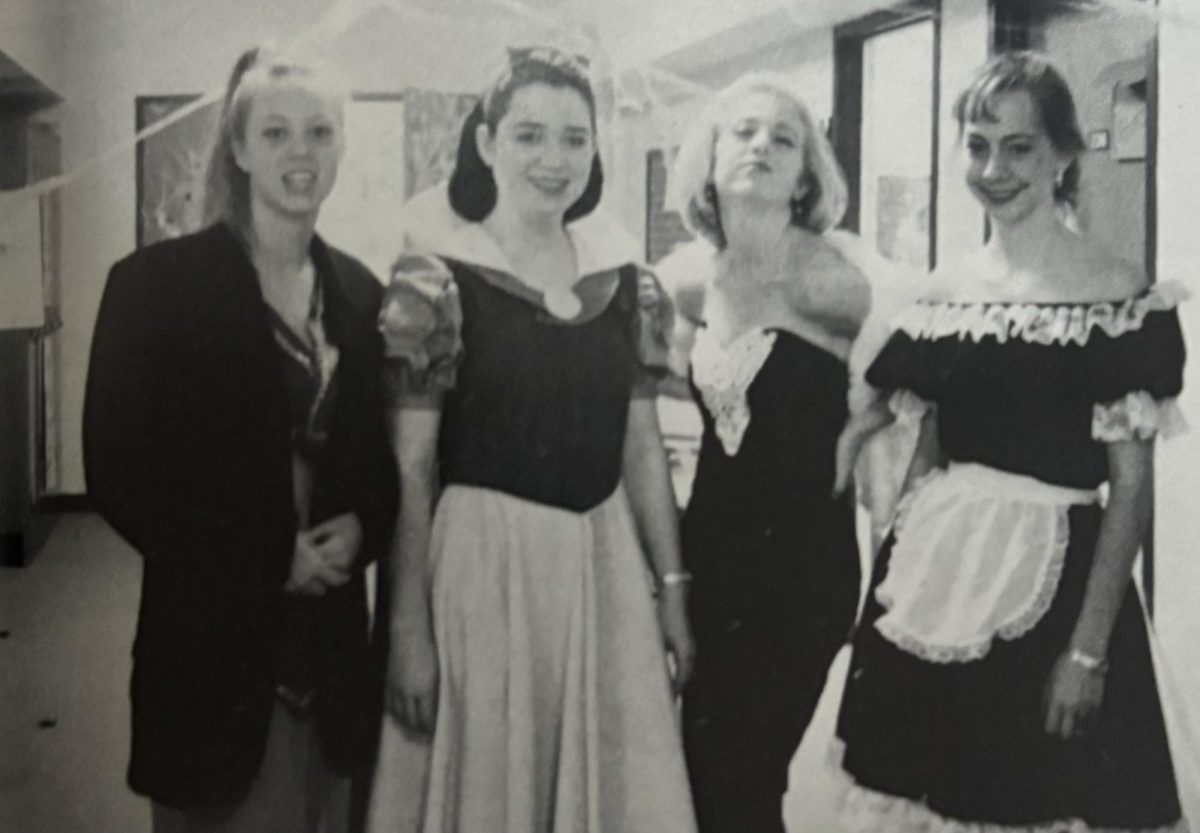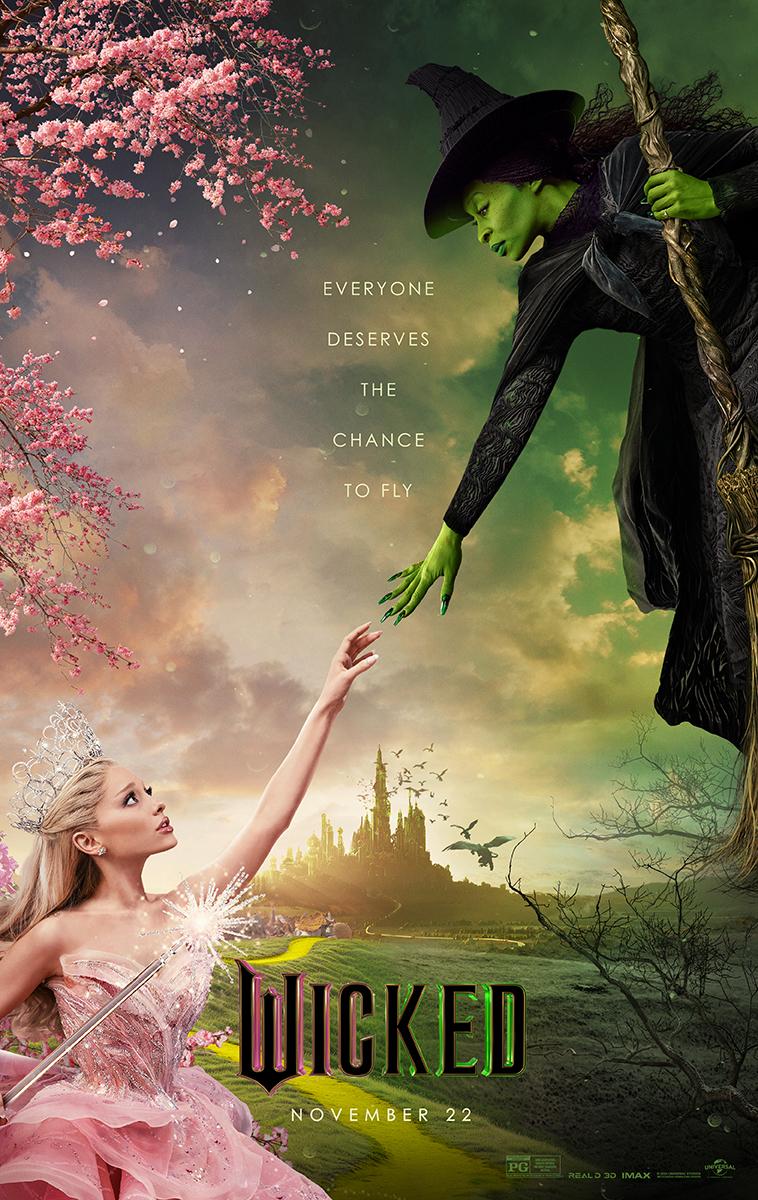This Opinion piece was written and submitted by Gretchen Jones ’25 regarding various Hollywood strikes.
If I had a nickel for every time someone told me I’ll be a starving artist if I follow my heart into a career, I’d be rich. And, with salary agreements for writers still hanging in the balance, I’ll need every nickel I can get. In America, home of the largest film industry in the world, the power to entertain is unparalleled. As intricate and complex as it seems, every T.V. show, movie, and even late-night program boils down to one thing: story. Behind the scenes of every story, ranging from a gripping television episode to a blockbuster film, are the unsung heroes—the writers. These storytellers dedicate their lives to crafting the narratives that define our culture. Yet, as the Writers’ Guild of America (WGA) strike comes to a close, it’s time we understand and resolve problems within major studios for the sake of the future of storytelling and young screenwriters like me across the world.
As streaming services have risen from the ashes of COVID-19 lockdowns, so have the expectations for television writers. Due to streaming, the production of television is significantly shorter, with less episodes and fewer seasons. With budgets maintained, major broadcasting studios have left less room in their budgets for “writer’s rooms,” the rooms filled with writers, their aides, and their ideas. Many shows have fewer writers on their staff, even more without aids, and yet the calendar of due dates for production remains the same. The WGA’s official website features testimonials from Guild members, including that of an anonymous writer and showrunner expressing their experience working on a limited series. According to the showrunner “[they were] working seven days a week, 12-hour days on average, in a desperate attempt to succeed with the limited tools provided” (WGA).
In addition to harsh working conditions, the compensation for writers has also decreased. Despite increases in television production budgets over the past few years, minimum wage for writers (also known as Minimum Basic Agreements, or MBAs) have fallen. Yet, the playing field for television writers is not equal. In fact, comedy-variety writers working on streaming series are not pay protected with MBAs for their scripts while their episodic writer coworkers are. With streaming being the main exposure for many modern television programs and limited series, writers aren’t earning the residuals that they would for programs airing on cable or live television, recording every run and rerun. To add insult to injury, in addition to the decrease of cable-based viewership, physical media has become obsolete (DVD? VHS? Betamax? What are you, my grandma?), causing writers not to be paid for each item purchased. But television writers aren’t the only ones affected; over the past five years, pay for feature-film writers has decreased by 14% (The Vulture). Unsurprisingly, with underpaid writers working themselves to the bone, the quality of television and films has decreased. The writers aren’t entirely to blame, however. With major studios so focused on profit, they’ve forgotten one crucial thing: unbridled creativity.
Despite screenplays being a chance for creativity, the modern writer is stifled by demands from both studios and the audiences themselves. To be honest, we’ve become lazy as viewers. We want to go to a movie, watch up to two hours of Visual FX and flat jokes, then leave the theater feeling utterly unchanged, placing writers in a small box for our patronage. Studios have picked up on this fact, often forcing writers to follow a strict formula for success in the box office, taking away from the one reason writers, though sometimes begrudgingly, pull up Final Draft every morning: self-expression. Besides, in the aftershock of COVID-19, few people actually go out to the cinema to see a movie, making streaming and online rentals the industry’s main source of income (Taylor and Francis Online). Sure, it’s convenient, but it’s not the same as
seeing a movie on the big screen, the way the cast and crew intended. As a result, production budgets are limited overall, with many scenes in scripts cut due to budget constraints, the story the writer wanted to tell lessened and simplified. So, how does a writer survive in an industry such as this? Fear not, dear reader, as there is still one version of the art form untainted by the grubby hands of corporate Hollywood: independent films.
In the case of independent filmmaking, smaller budgets come with smaller restrictions. When you watch an independent film, you are supporting the very essence of creativity. Unencumbered by audience expectations, writers are free to express themselves, pushing the very boundaries of story. By embracing independent cinema, you are backing the voices of writers who dare to be different, refusing to conform to the status quo of Hollywood. Sure, they might not be a two-hour Marvel Studios lightshow, but you’ll leave the theater different from when you first entered. When it all boils down, a writer’s job is to persuade; evoking emotions you never thought you could feel through a compelling story. So, the next time you pull up Hulu, or even go out to your local theater, opt for a film from IFC or A24 instead of Fox of Warner Brothers. The future of storytelling may just depend on it.





